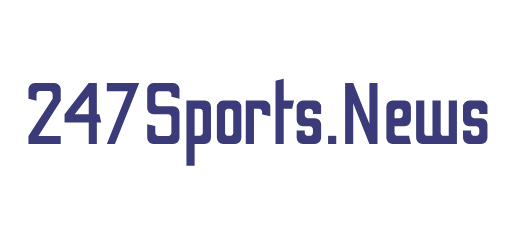Current trends in global education are shaping a future in which learning is more inclusive, flexible and tailored to the individual needs of students. The combination of technological advances and a focus on the integral development of each human being is shaping an educational system that not only seeks to prepare students for the world of work, but also to be citizens committed to global challenges.
Read more columns by Catalina Guzmán Urrea, here >>
This article outlines some of the main trends in education that permeate this 21st century education:
Hybrid education and distance learning
The COVID-19 pandemic accelerated the adoption of hybrid education models, which combine in-person learning with digital platforms. This model has proven to be flexible, allowing students to access online content from anywhere. According to UNESCO, the implementation of hybrid learning has expanded rapidly, offering opportunities to students who previously faced geographic or economic barriers to accessing quality education (UNESCO, 2021).
Focus on social-emotional skills
The Organization for Economic Cooperation and Development (OECD) highlights that skills such as empathy, resilience and teamwork are essential for success in the 21st century (OECD, 2020). This approach is supported by research showing that students with a high level of emotional intelligence not only perform better academically, but are also better prepared to meet the challenges of the world of work and life.
Educational technologies (EdTech)
Educational technologies, known as EdTech, have transformed the way students and teachers interact with content. Tools such as artificial intelligence (AI), augmented reality (AR) and machine learning are personalizing learning, adapting the content and pace to the individual needs of each student, also allowing the exploration of virtual environments where knowledge is related from other perspectives and dimensions.
Also read: How does artificial intelligence (AI) enter the education equation?
Digital platforms in education
An educational platform, also called an academic platform or LMS (Learning Management System), is an intuitive and friendly virtual environment that has many functionalities to mobilize learning. Without a doubt, it democratizes education by allowing a greater number of people to access it and generating a different organization of knowledge.
Formative evaluation
Under this premise, teachers are called to seek to identify the strengths, weaknesses, advances and challenges of each of their students to adjust the learning process and offer the necessary support at the right time, so that each student is the protagonist of your process and builder of your knowledge.
Given this panorama, what happens to the role of the teacher? The role of the teacher is transformed by aligning itself with the social and technological dynamics that permeate the pedagogical act; Under this reality, it is dedicated to generating flexible, motivating learning experiences that retain its students; He is the architect of his students’ approach to knowledge, accompanies them and guides them. It stops being a transmitter of knowledge to a creator of meaningful learning opportunities for life, forming innovative, creative human beings, with critical and assertive thinking who face and resolve the situations that are arising in the reality that surrounds them and with a global perspective view.
Join our WhatsApp channel here and receive all the information about El Poblado and Medellín >>
“; n.innerHTML = “window._taboola = window._taboola || [];_taboola.push({mode:’alternating-thumbnails-a’, container:’taboola-below-article-thumbnails’, placement:’Below Article Thumbnails’, target_type: ‘mix’});”; insertAfter(t, e); insertAfter(n, t) } injectWidgetByMarker(‘tbmarker’);

